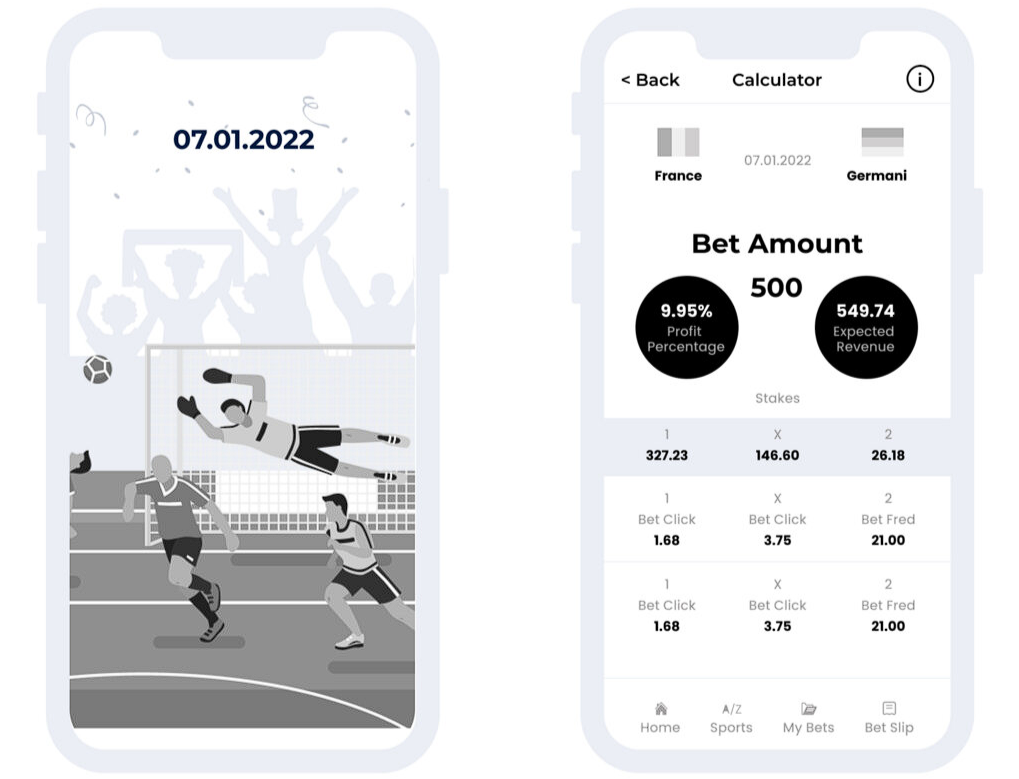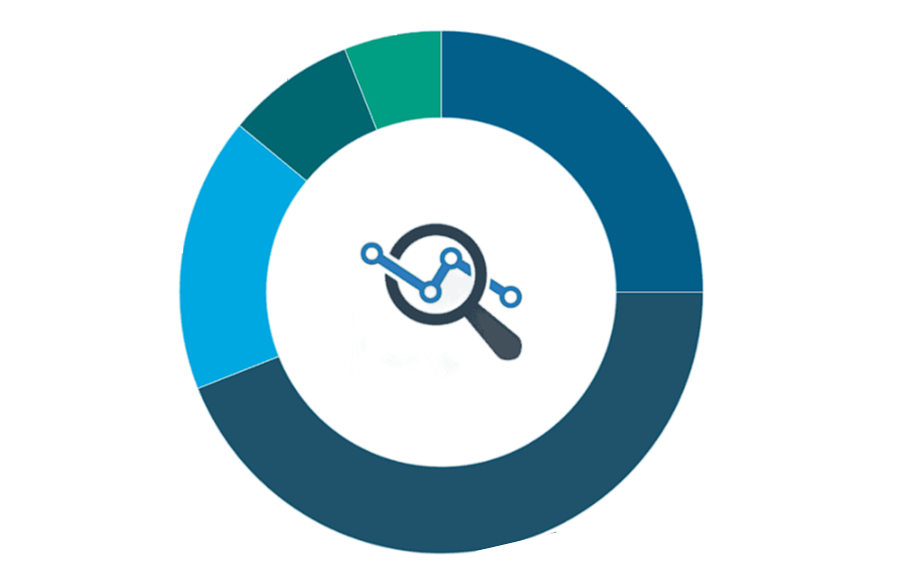The betting industry has seen a significant transformation over the past few decades, largely driven by advancements in technology. From online betting platforms to sophisticated algorithms, technology plays a crucial role in how betting is conducted today. This article explores the various aspects through which technology has influenced the betting industry.
Evolution of Betting Technology
The Shift from Offline to Online
- Rise of Online Betting Platforms:
- The internet revolutionized various industries, including betting. Traditional bookmakers have increasingly moved online, allowing users to place bets from anywhere at any time.
- This shift has led to the emergence of numerous betting websites, making betting more accessible and convenient.
- Mobile Betting:
- With the proliferation of smartphones, mobile betting apps have become popular. Users can now place bets while on the go, increasing engagement and participation in betting activities.
- Mobile apps often come with features like live betting, where users can place bets during games, enhancing the overall betting experience.
Impact of Technology on Betting Strategies
Data Analytics and Predictive Modeling
- Utilization of Big Data:
- Betting companies are leveraging big data to analyze trends and patterns in sports events. This analysis aids in determining odds and predicting outcomes more accurately.
- By utilizing historical data, bookmakers can create more informed models, thus providing better services to bettors.
- Machine Learning Algorithms:
- Machine learning algorithms play a pivotal role in enhancing predictive capabilities. These algorithms continuously learn from new data, improving their accuracy over time.
- This innovation allows bettors to gain insights into betting trends and devise better strategies based on data-driven decisions.
Odds Comparison Tools
- The rise of technology has led to the development of odds comparison websites. Bettors can easily check odds from multiple bookmakers, ensuring they get the best value for their bets.
- These tools increase transparency in the betting industry, helping bettors make informed choices about where to place their wagers.

Enhanced User Experience
Virtual Reality and Augmented Reality
- Innovative Betting Experiences:
- Virtual reality (VR) and augmented reality (AR) technologies are beginning to transform how bettors interact with their favorite sports. These technologies provide immersive experiences that enhance engagement.
- Bettors can experience events in a virtual environment, making them feel more involved and excited about their wagers.
- Live Streaming:
- Many online betting platforms offer live streaming of sports events, allowing users to watch games in real time while placing bets.
- This integration creates a more dynamic betting experience, as users can react to the unfolding events and adjust their bets accordingly.
Enhanced Security and Blockchain Technology
- With the increase in online betting comes the need for enhanced security measures. Technology has enabled bookmakers to implement advanced security protocols, creating safer betting environments.
- Furthermore, blockchain technology is making waves in the betting industry:
- Transparency: All transactions are recorded on a public ledger, ensuring transparency and reducing the risk of fraud.
- Decentralization: Blockchain eliminates the need for intermediaries, allowing for peer-to-peer betting, which could lead to lower fees and faster transactions.
Regulatory Compliance and Technology
Adapting to Legal Regulations
- Technological Solutions for Compliance:
- The betting industry faces complex regulatory environments across different jurisdictions. Technology such as compliance management software helps betting companies navigate these complexities effectively.
- These solutions ensure that companies adhere to local laws and regulations, thus protecting bettors and maintaining the integrity of the industry.
- Responsible Gambling Initiatives:
- Technology plays a vital role in promoting responsible gambling practices. Online platforms are using algorithms to identify problematic betting behaviors, offering solutions to help users manage their gambling.
- Features such as deposit limits, self-exclusion options, and enhanced age verification processes contribute to a safer betting environment.
Conclusion
The role of technology in betting is multifaceted, enhancing user experience, improving transparency, and promoting responsible practices. As technological advancements continue to evolve, the betting industry will undoubtedly undergo further transformations, creating new opportunities and challenges. Bettors and companies alike must adapt to this ever-changing landscape to maximize their benefits in the world of betting.





